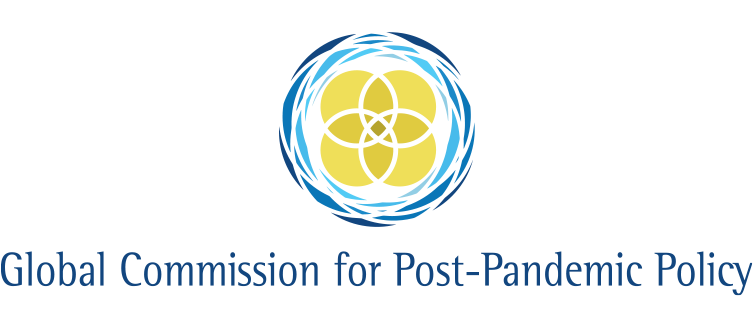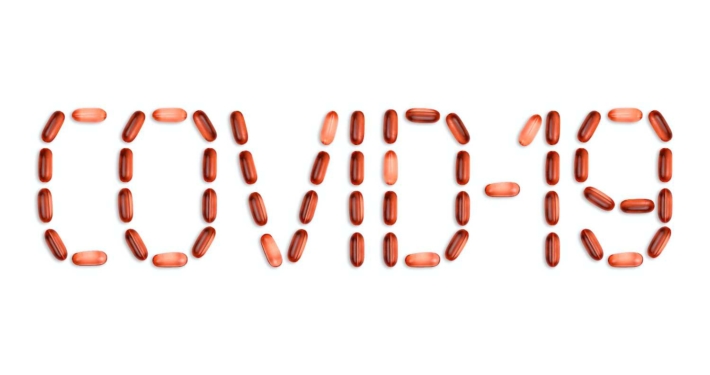The Pandemic, week to March 1st
Health
In the United States, the Food and Drug Administration (FDA) granted emergency-use authorisation to the COVID-19 vaccine developed by pharmaceutical giant Johnson & Johnson—only the third vaccine to receive FDA approval after the Pfizer-BioNTech and Moderna vaccines. With an efficacy of 85% in late-stage clinical trials, the vaccine is highly effective but is most notable for the fact that it requires only a single dose and has no special storage requirements. The White House brokered a deal with the pharmaceutical giant Merck to produce J&J’s vaccine on license in the United States, providing up to $269m in federal funds to help prepare Merck’s production facilities and plans to invoke the Defense Production Act, a Korean war-era law, to ensure J&J can get access to sufficient supplies. As a result, President Joe Biden pledged to secure enough supplies by the end of May to vaccinate all American adults.
In Canada, Health Canada—the government’s medicines regulator—granted emergency-use authorisation to the Oxford-AstraZeneca COVID-19 vaccine—also only the third vaccine to receive approval in that country after the Pfizer-BioNTech and Moderna vaccines. The approval extends to the vaccine produced under licence by the Serum institute in India. The Canadian government has ordered 20 million doses, with the first batch of 500,000 doses expected to arrive in the coming weeks.
In Hungary, the government began the roll-out of the COVID-19 vaccine developed by China’s state-owned Sinopharm. The move makes Hungary the first European nation to begin administering a Chinese vaccine after already becoming the first to begin administering Russia’s Sputnik V. In both cases, the Hungarian government has side-stepped the European Union’s medicine’s regulator and procurement scheme. Hungarian President Viktor Orban publicly received the Sinopharm vaccine on Sunday.
In Turkey, teams of health workers are being dispatched through ice and snow to administer vaccine doses to the country’s most isolated mountain villages. In the next three months, the Turkish government intends to vaccinate 60% of the country’s population, or 52.5 million people. The Turkish government has so far administered 8.5 million doses of the Chinese Sinovac vaccine, with 4.5 million doses of the Pfizer-BioNTech vaccine on order.
In Thailand, the government kicked off the nation’s vaccination programme by vaccinating 200 public health officials in a hospital outside the capital, Bangkok. The first shot was administered to the country’s Health Minister (and also Deputy Prime Minister) Anutin Charnvirakul, with Prime Minister Prayuth Chan-ocha in attendance. Last week, the Thai government received a delivery of 200,000 doses of the Chinese Sinovac vaccine—the first of 2 million due. The Thai government has also secured a commitment of a further 61 million doses of the Oxford-AstraZeneca vaccine.
Newly recorded COVID-19 cases rose worldwide—the first week-on-week increase since early January. Although rises were seen all over the world, the main uptick is again Europe, where COVID-19 cases are rising across central Europe, the Balkan and Baltic states and in France, Italy, the Netherlands and Belgium.
Economy
In the United States, the Biden administration’s $1.9 trillion relief and stimulus bill was passed by the House of Representatives on a close to party-line vote. The bill now moves to the Senate, where it faces more strenuous obstacles in the evenly-divided chamber. Democrats have already had to sacrifice measures in the stimulus bill to increase the federal minimum wage to $15 an hour by 2025. There may yet be important compromises to come.
The prospect of another round of COVID-19 unemployment stimulus payments—$1,400 in the current version of the stimulus bill—is fuelling a wave of insurance fraud attempting to fleece taxpayers. The Department of Justice is investigating transnational criminal organisations—many based in China, Russia and Nigeria—as well as sophisticated domestic criminals.
The Department of Labour released its weekly jobless claims data. Last week, new jobless claims dropped to 730,000—their lowest level since November. The figure for the previous week was 841,000, revised down from the initially announced 861,000. Before COVID-19, American weekly jobless claims had never topped 700,000—even in the Great Recession. Nevertheless, the jobs numbers are a positive sign ahead of the passage of the $1.9 trillion stimulus bill—likely to lift jobs numbers further.
In China, a pair of surveys released this week suggest that China’s manufacturing recovery weakened in February for the third straight month. The Chinese economy rebounded strongly last year as the Chinese government brought the COVID-19 pandemic under control relatively quickly, but exports and new orders have begun to decline. This trend is likely driven by consumer unease over China’s economic outlook, given continued COVID-19 outbreaks abroad.
In the United Kingdom Andy Haldane, Bank of England Chief Economist, warned that inflation in the country may rise faster than expected. “For me, there is a tangible risk inflation proves more difficult to tame, requiring monetary policy makers to act more assertively than is currently priced into financial markets,” said Haldane. Financial markets responded immediately, with interest rates on British gilts edging up, as they have also on US Treasuries and other government bonds.
Politics
There is escalating pressure on three western pharmaceutical companies—Pfizer, Moderna and AstraZeneca—to share the intellectual property and technological know-how necessary to produce their respective COVID-19 vaccines amidst a global shortfall in COVID-19 vaccine supply. There is support for the demand from governments across Africa and South-East Asia, as well as international aid groups. The World Health Organisation (WHO) has also called on vaccine manufacturers to share intellectual property to “dramatically increase the global supply.” The same logic applies to Chinese and Russian vaccine makers.
In the United States, approximately one third of active duty military troops are declining to take an optional COVID-19 vaccine, military officials recently reported to Congress. In some locations—including Fort Bragg, the country’s largest military base—the uptake is below 50%. The concerns cited by surveyed service members generally stem from misinformation online and on social media, including a concerning prevalence of conspiracy theories.
In Brazil, a new single day peak of COVID-19 deaths was recorded last week. The week also brought the country across the mark of 250,000 recorded COVID-19 deaths—second only to the United States. Nevertheless, President Jair Bolsonaro continued to rail against the use of masks, vaccines and COVID-19 restrictions. In reference to a supposed German study, the President last week claimed that masks were bad for children, leading to headaches, issues with concentration and “a decreased perception of happiness.”
In Zimbabwe, President Emmerson Mnangagwa threatened to punish citizens who refuse to receive a COVID-19 vaccine. “You are not going to be forced to be vaccinated,” said Mnangagwa, “but the time shall come when those who are not vaccinated will not get jobs.” Access to public services—including public transport—will also be withheld from the unvaccinated, said Mnangagwa. The statements come as Zimbabwe recently received a donation of 200,000 vaccine doses from China’s state-owned Sinopharm.
In the Vatican, an upcoming trip by the Pope to Iraq is raising concerns amongst public health experts. Iraq is already experiencing a sharp rise in COVID-19 cases and there are fears that the crowds likely to amass to witness the Pope’s visit will precipitate mass-spreading events—with the potential to overwhelm the country’s fragile health system. Meanwhile the Vatican ambassador to Iraq—the primary point person for the trip—has tested positive for COVID-19 and is self-isolating.
GCPPP Newsletter
We now publish a weekly newsletter to inform friends and supporters of the Global Commission’s progress and to provide updates when new content is published. Please sign up here:


 Volodymyr Hryshchenko, Unsplash
Volodymyr Hryshchenko, Unsplash
 Adam Nieścioruk, Unsplash
Adam Nieścioruk, Unsplash
 visuals, Unsplash
visuals, Unsplash


